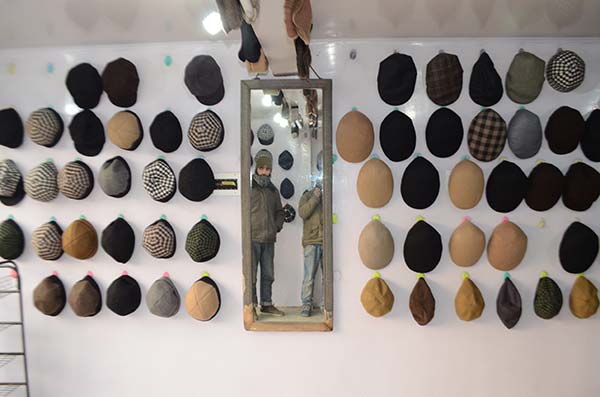What happened on March 23, 1987 in Kashmir is even missing from newspaper archives. Shakir Mir painstakingly swifts through whatever material is available to understand how media covered Kashmir’s most talked about elections
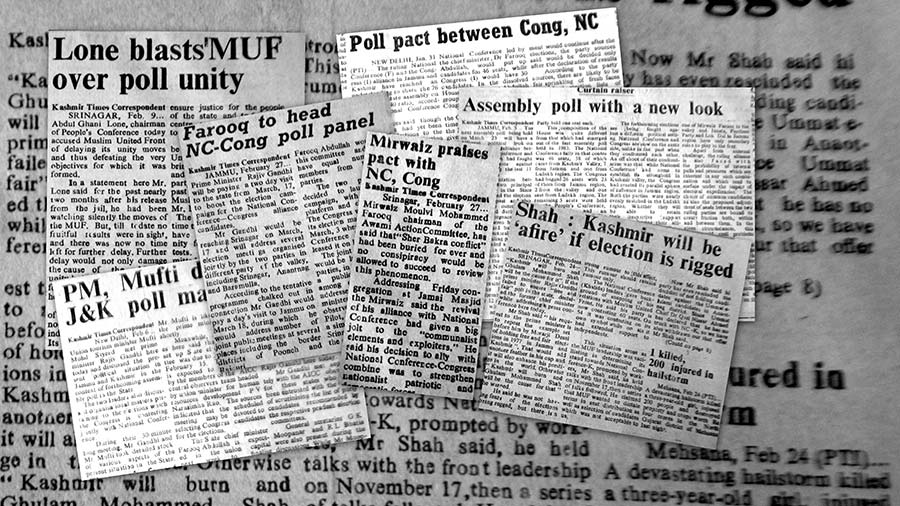
On a chilly afternoon of March 1987, a woman supporter of Muslim United Front (MUF) limped into a local newspaper office in Srinagar. Instantly, she began narrating how National Conference (NC) workers had manhandled her during a brawl between two parties at Budshah Chowk.
When the reporter asked her why she supports MUF, she replied plainly: “Since it is a war between Islam and Kufr, she supports Islam.”
Her reply, the newspaper later observed, was the crux of 1987 elections that made MUF – an amalgam of small parties – a strong political force in Srinagar.

In the run up to the March 23, 1987, i.e. polling day, media in Kashmir, mostly vernacular Urdu press, started following events with curiosity. On the other hand, Jammu based English dailies: Kashmir Times (KT) and Daily Excelsior reported happening in Kashmir valley in their own style. Surprisingly, even after twenty-eight years, archives related to the polling day of 23rd March and of the days that followed, were either missing or cut out from the binding.
In late 1986, local press started giving MUF space on front pages after it started reacting angrily against a series of events, “damaging to the interests of Muslim majority”. The major issue raised by MUF was against “biased” selections in Regional Engineering College (REC now NIT Hazratbal). To this crises, Jagmohan, the then governor of J&K, reacted by ordering several arrests across the valley.
This led to wide spread protests, stone pelting incidents, which resulted in four killings: two each in Srinagar and Baramulla. Next day’s Kashmir Times called governor’s response as “curb on democratic freedom” but Daily Excelsior expressed concern over the emergence of “anti-national and fundamentalists” in Kashmir. In its editorial, Daily Excelsior also advocated a strong payback to deal “anti-nationals” so that they don’t “pop out again and again”.

In 1986, after Rajiv-Farooq accord, a caretaker government headed by NC’s patron was put in place. Subsequently, fresh elections were declared, putting the local press in active mode. In early January 1987, Kashmir Times reported “There was a mad race for tickets.”
Another story in the same newspaper appeared expressing surprise over the scale of participation of people: “Everybody who has any political ambition is waiting to get a mandate. You find mandate-seekers in every lane of every city and every Mohalla of the village. You find them hovering around the party offices, dancing attendance on senior party leaders and extending their wild goose chase to such far off places as Jammu and Delhi in search of mandate.”
Overall KT displayed a progressive slant vouching for a strong opposition. On January 20, 1987, the newspaper rued how “feeble and half-hearted” attempts by various opposition groups for a joint front against NC-Congress alliance has not materialized.
This was in essence a call for unification for MUF, which had by then failed to reach a consensus over inclusion of NC (K now ANC) and People’s Conference (PC).
Daily Excelsior, however, reflected concern over besiegement of ruling alliance by “communalists and fundamentalists” including MUF in Kashmir, and BJP, Shiv Sena in Jammu.
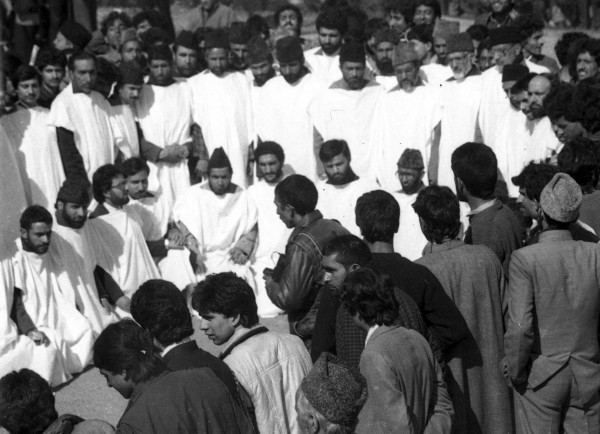
Abdul Gani Lone’s (PC) inclusion in MUF ruled newspaper headlines in the run-up to 1987 elections. Daily Excelsior (December 7, 1986) observed: “There is no denying the fact that with Lone’s association, MUF becomes a formidable force in the Baramulla district where Jama’at-e-Islami has its own pockets of influence. Qazi Nissar apparently has grandiose ideas about his influence Anantnag (Islamabad) and Pulwama where at least two former ministers may receive his direct and indirect support”.
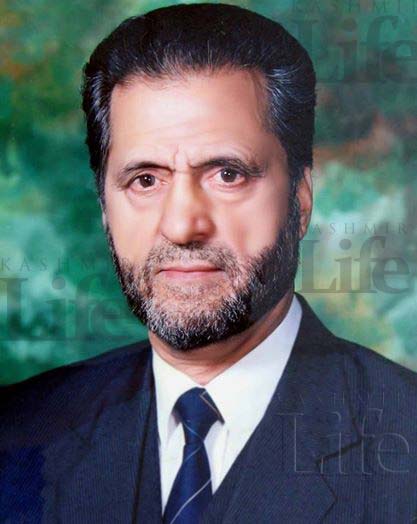
Given the mistrust between NC and Congress cadre, post 1977 topple of Sheikh Abdullah’s government, newspapers reported “suspicion and cynicism” despite Rajiv-Farooq accord. It might not be a “cakewalk for NC-Congress alliance to expect smooth victory” reported Kashmir Times.
As campaigning intensified, weeks before the election, all the camps opposed to the NC-Congress alliance united.
Interestingly, considerable coverage was given to Ghulam Mohammad Shah, former CM. He rattled a few feathers by claiming that CMs are imposed by Delhi in J&K “to play with the destinies and democratic rights” of its people. Surprisingly, he claimed that he too was one such favoured “installation”. However, editorial in KT later felt that his utterances “bordered on lunacy.”
In late 1986, while MUF managed to get front page space in Kashmir press, a Jammu based newspaper wrote: “People have started talking of the challenge of MUF. But, it, so far, only appears to be a hotch-potch of some incongruous, some political in nature, some utterly non-political, some out rightly communalized and anti-national in the outlook”.
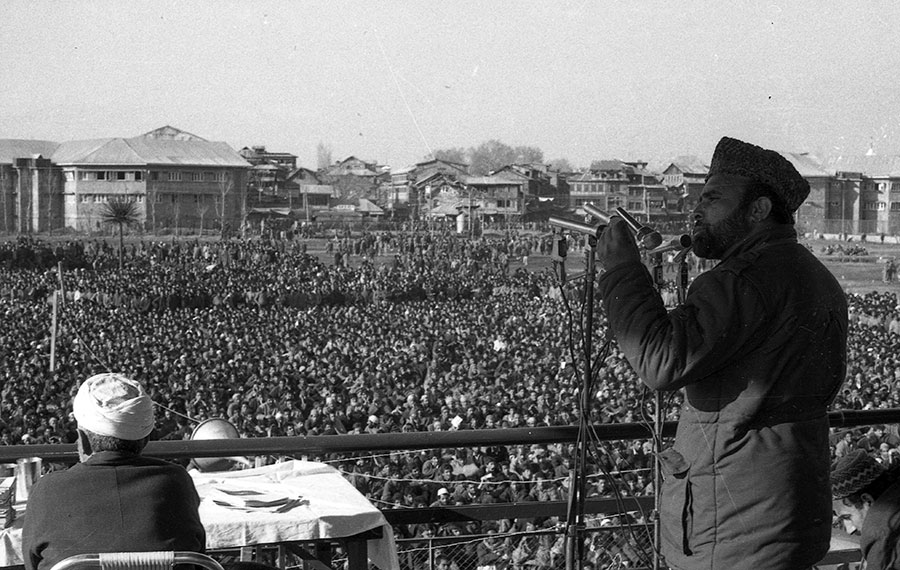
(Photo in Special Arrangement with: Merajuddin)
It rubbished their conviction to rout NC-Congress as a mere “fond impression”. Another Jammu newspaper described MUF as “shaky and nervous”.
Media observed those shortcomings notwithstanding, the ruling alliance was unobtrusively set on the path of victory.
In run up to elections when political discourse across the spectrum already hinted on the possibility of rigging, KT, while acknowledging a dubious past of Kashmiri polls wrote that the opposition – MUF included – was “overplaying the apprehensions of unfairness” – a sign that was apparently “betraying their own weaknesses.”
Just how close the observation to the reality would unfold the very next month.
However, days earlier, it had observed: “The track record in the conduct of elections is outrageously bad. The very first election held in 1951 for the state constituent assembly continues to stand out as unique dubious universal event. Subsequent elections produced newer techniques of rigging like theft of oath forms, kidnapping of rival candidates and brazen wrong declaration of election results”.
The ensuing news coverage held out the suspicion that elections might well be rigged.
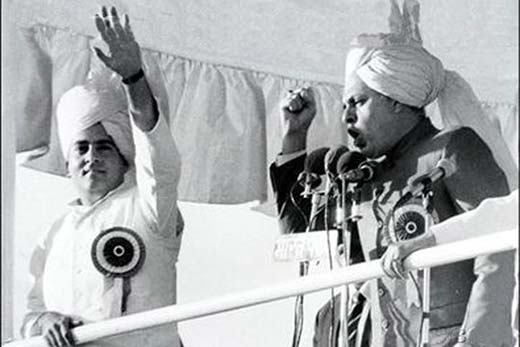
In late February 1987, KT wrote: “One hope that Farooq Abdullah will prove true to his words and take steps to ensure fairness in polls. Some of his government’s actions like poll eve transfers and postings, promises of largesse to various sections and intentions to make large scale ad hoc appointments have created doubts about the fairness of the elections”.
Largely local press believed that NC-Congress alliance had little chance of losing. On February 17, 1987, Kashmir Times observed: “The NC and Congress, which have been main rivals in the last two elections on 1977 and 1983, alone, will contest for all the 76 seats. The other political parties on their own or collectively will not be able to put up their candidates even for the 50 percent of the seats. This in itself rules out any threat to the ruling alliance which appears confident of romping home with comfortable majority”.
On February 23, 1987 when Jama’at-e-Islami got 40 of 53 seats contested by the MUF, Daily Excelsior marveled at the “systematic manner” with which Jama’at had “succeeded in making MUF a completely private affair”.
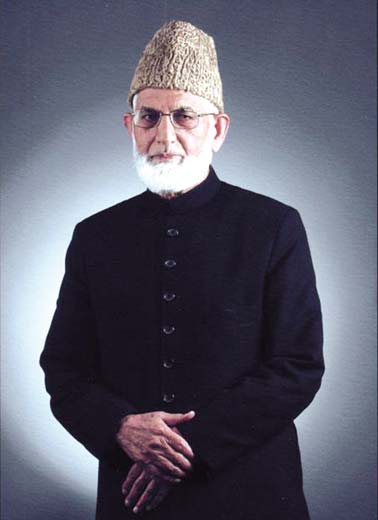
It observed: “Front will be no longer correct to call it an alliance or a combination of parties. It will be no surprise if the Anantnag (Islamabad) Molvi (Nissar) who shot into prominence will have been discarded by the time these lines appear in print. Even if that did not happen, he will be viewed with suspicion by those who now rule the so-called front”.
An Op-ed in the Kashmir Times, in reaction to then Jama’at leader Syed Ali Geelani’s statement that people opposing MUF would be treated as agents of “Brahmin imperialism”, wondered at the banality of “taking oath of allegiance to the constitution of India under one breath and challenging accession with India in another.”
Daily Excelsior almost made it a routine sparing no efforts chastising MUF for the “communal vitriol it spouted”.
Mirwaiz Farooq of Awami Action Committee (AAC) mostly stayed in the news for his “moderate” position. His party’s alliance with the NC notwithstanding, he did not shy away calling out for its wrong decisions. It is for this reason that kept media guessing about his party’s stance regarding NC and MUF.
However, newspapers later agreed that “he is a force in about three constituencies in Srinagar city, his support matters a lot”.
Since archives related to the day of voting were absent, Kashmir Life tried to make sense of the general public response by gauging reactions in several, Op-eds, stories and editorials that appeared in newspapers in the ensuing days.
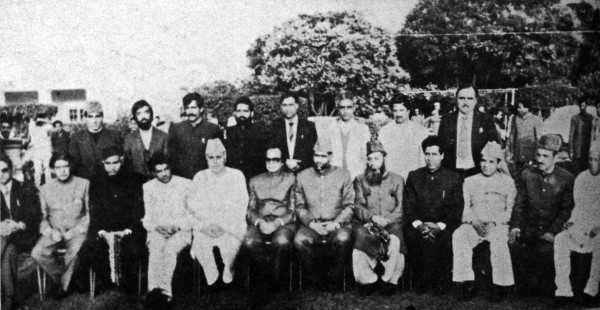
For instance, Mohammad Sayeed Malik writing in Kashmir Times while assessing the situation observed: “By far the most disturbing feature of the post-election scenario in the valley is the sulky mood of its people at large. A sizeable section of them do not seem to be convinced about the ethical legitimacy of the poll outcome.”
The alliance, it mentioned, has won a victory but it is tasteless. “The victory found none in Valley to celebrate it.”
Columnist Krishen Dev Sethi, in another paper writes, “In the name of elections, outright fraud has been played upon the people of Kashmir. By manipulating the elections, Farooq Abdullah has entirely lost his credibility. No doubt he would be sitting tight on the seat of power for next few years but his personal image has been destroyed in the eyes of people.”















